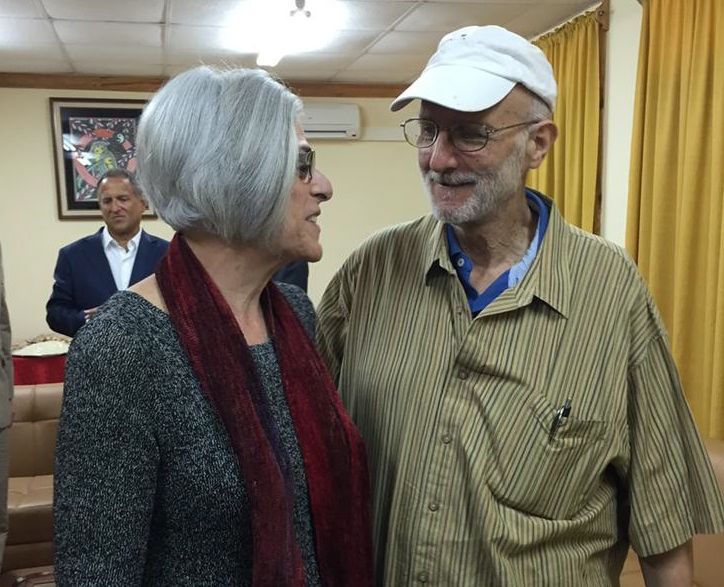
The exchange and the hope for normalization
The sudden release of Alan Gross in exchange for the remaining members of the Cuban Five has brought a sense of relief, joy, and most importantly – the impetus towards normalization of relations between the United States and Cuba.
Relief to the family of American contractor Alan Gross who were genuinely concerned his failing health would prevent him from surviving much longer in a Cuban jail. Gross was arrested in 2009 on his fifth trip to Cuba while attempting to create untraceable satellite communications networks on the island. He was sentenced to fifteen years in prison. Relief also to the families of the three remaining members of the Cuban Five – government agents sent to Florida in the 1990s to infiltrate violent Cuban-American organizations in order to prevent further acts of terrorism against Cuban citizens. In particular there is relief for the family of Gerardo Hernandez, who was given two life sentences with little hope of anything but spending the rest of his life in captivity.
Joy in the form of the smiles from the thousands of activists who worked for years to bring international attention to the plight of the Cuban Five and what was considered to be their unfair trial and sentences. And as much joy to the supporters of Alan Gross who felt just as strongly to what they considered the prejudicial length of his prison term.
And while those emotions have resonated in both countries and around the world, it is the political leadership demonstrated in this exchange that will have the most important long-term impact. The fact the governments on both sides of the Florida straits, long known for antagonism and mistrust since the Cuban revolution in 1959, have finally been able to come to this arrangement is monumental. The consequence of the prisoner exchange was immediately apparent following the coordinated announcements from presidents Raul Castro and Barack Obama that the two sides have agreed to work towards normalization, including the establishment of full embassies in Washington and Havana. Expectations are that the talks will also confirm the end of fining international banks for doing business with Cuba, as well as discussing removing Cuba from the State Department list of states that sponsor terrorism. Part of the initial talks may also see United States debit and credit cards allowed in Cuba, with the American side permitting the export of telecommunications equipment to Cuba, helping to expand access to the Internet on the island.
Although the release of the prisoners and announcement of intent to normalize is the most encouraging news regarding Cuba-USA relations in decades, there are still serious obstacles to overcome. The pillars of America’s long-standing strategy of regime change against Cuba remain the economic embargo and the restriction of travel for US citizens to visit Cuba. Those laws remain under the control of Congress. So while president Obama is expected to use his authority to ease various aspects of the embargo including expanded trade between the two nations, as well as permitting most Americans with the ability to visit Cuba if they want, the completion of normalization has to come from Congress. Both the House and Senate will have to rescind such legislation as the Torricelli Act and the Helms-Burton law, passed in the 1990s that codifies the embargo and travel restrictions. There will be vociferous opposition among the hard-right Cuban American congressmen such as Florida’s Ileana Ros-Lehtinen who will continue to object to anything that brings the two nations closer together, regardless of the overwhelming benefits it would bring.
Despite those obstacles, it is the reality of the prisoner exchange and the intent to normalize relations that is the paramount consideration. If both sides can work seriously and honestly towards that goal there should be no complication that can not be overcome. What has happened here is a rare example of rationality triumphing over intransience in Cuba-America relations, and that is a good starting point in establishing a new relationship.
Those who support the end of the 50 years plus hostility should be able to look at this day as the one that has changed things for the better – finally.
Keith Bolender is author of Cuba Under Siege; American Policy, the Revolution and its People (Palgrave 2012).

